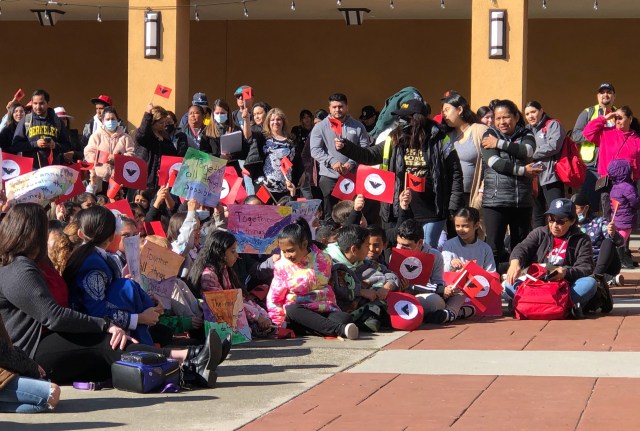Unmasked: Latino Community's Health Crisis Exposed in Groundbreaking County Report

Financial barriers continue to pose significant challenges for Latino healthcare access, with recent findings revealing that nearly 50% of Latino adults postponed essential medical treatment in the past year due to prohibitive costs or insufficient insurance coverage. This stark statistic highlights the ongoing healthcare disparities faced by the Latino community, underscoring the urgent need for more affordable and accessible medical services.
